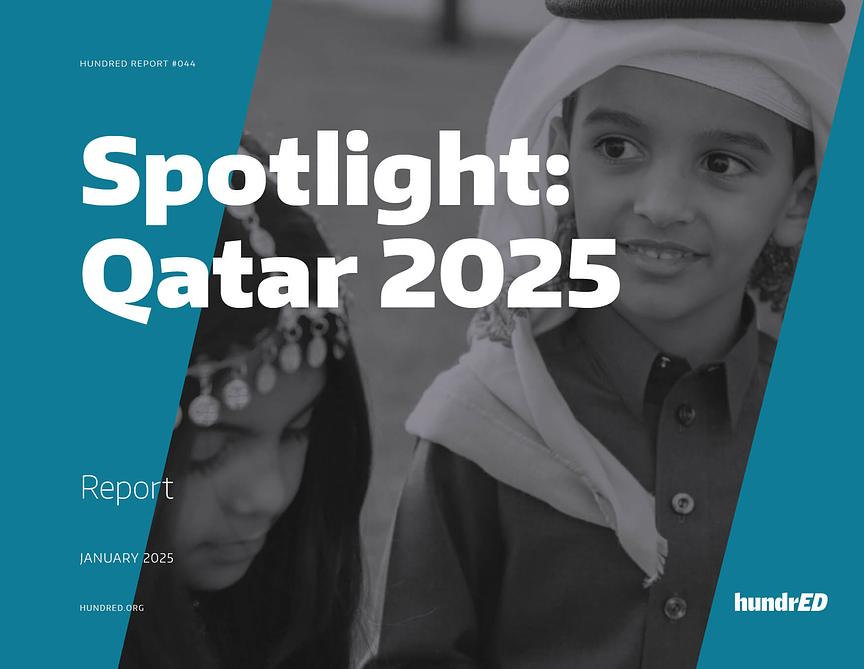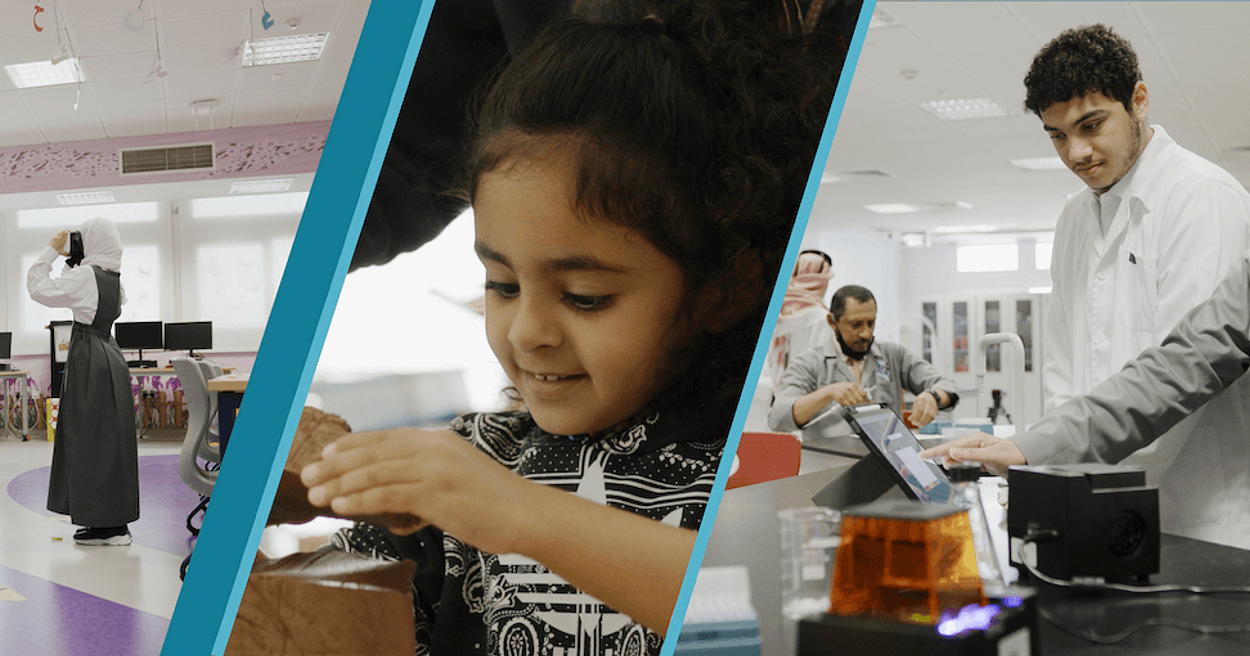Qatar’s Education Quality Index has recorded an impressive 12% surge in 2025, marking one of the most significant improvements in the region’s academic landscape. This advancement reflects the country’s ongoing commitment to educational excellence, innovation, and inclusivity. With increased investment, upgraded teaching practices, and stronger policy enforcement, Qatar is quickly becoming a model for educational reform in the Middle East.
Historic Progress for Qatar’s Education Sector

Qatar’s Education Quality Index, an annual benchmark that measures learning outcomes, infrastructure quality, teaching capacity, and policy effectiveness, has shown consistent but moderate growth in recent years. However, the 12% increase in 2025 has exceeded regional expectations.
This upward shift is mainly due to the Ministry of Education and Higher Education’s strategic 2023–2025 National Education Reform Plan, which focused on raising teacher qualification standards, adopting modern curriculum designs, integrating AI-based learning, and improving student well-being.
Teaching Quality and Modern Learning Environments
One of the key factors contributing to the boost in Qatar’s Education Quality Index is the improvement in teaching quality. Over 1,200 new teachers were hired across the country in 2024 alone, with more than 75% of them holding international certifications. These educators received training in advanced classroom management, bilingual instruction, and inclusive education strategies.
Moreover, over 300 public schools were renovated to offer smart classrooms, updated science labs, and e-learning hubs. This infrastructure upgrade directly influenced both teacher performance and student engagement, according to the 2025 Annual Academic Evaluation Report.
Qatar’s Education Quality Index metrics showed that schools with modern learning environments scored 18% higher in student performance compared to schools without these facilities, contributing to the overall 12% index increase.
Policy and Governmental Support
Qatar’s government has consistently supported education as a pillar of its Vision 2030. The 2025 Education Budget saw a 9% increase compared to 2024, with a majority of funds allocated toward early education, teacher development, and digital education tools.
New reforms include a national exam system to standardize student assessment and AI-assisted tracking systems to monitor student progress from kindergarten to graduation. These systems were introduced in early 2024 and were in full effect by January 2025, directly supporting the growth seen in Qatar’s Education Quality Index.
Role of Private Institutions and International Collaboration
Private schools have also contributed to the surge in Qatar’s Education Quality Index. With over 350 international schools in operation, Qatar has become a hub for globally aligned education. These schools offer British, American, French, Indian, and IB curricula, giving parents and students a wide range of high-quality educational options.
Additionally, collaborations with educational institutions from countries like Finland, Singapore, and Canada have brought in globally tested learning methodologies. In 2025, a joint pilot program with Finnish educators improved literacy rates by 6% in trial schools.
This combination of public-private collaboration and international support has created a diversified education ecosystem that strengthens Qatar’s Education Quality Index.
Focus on Digital and Inclusive Learning
In 2025, Qatar made significant strides in inclusive education. The Ministry launched a digital learning initiative for students with disabilities, equipping over 100 schools with assistive technology and training over 2,000 teachers in special education practices.
Qatar’s Education Quality Index showed a notable rise in inclusivity indicators, such as student retention and accessibility. The dropout rate among students with learning difficulties dropped from 7.3% in 2023 to 3.9% in 2025.
The digital transformation strategy, powered by partnerships with local tech firms, also rolled out smart learning apps that offer personalized lessons in English and Arabic. The platforms were used by over 120,000 students in 2025 alone, significantly improving engagement levels and subject comprehension.
Challenges Ahead Despite the Surge

Despite the 12% surge in Qatar’s Education Quality Index, several challenges remain. Education experts have raised concerns about balancing traditional values with modern learning trends, especially in rural areas where digital infrastructure is still developing.
There is also a growing need to address mental health concerns among students and teachers. A 2025 study from the Qatar Foundation showed that 23% of high school students reported stress-related academic struggles, prompting calls for integrated counseling programs and emotional resilience curricula.
Moreover, some teachers believe the rapid introduction of technology in classrooms may outpace training efforts, which could lead to inconsistent teaching quality if not addressed promptly.
Future Plans to Maintain Momentum
To sustain the positive trend in Qatar’s Education Quality Index, the Ministry has outlined several future goals. These include:
- Building 50 new government schools with eco-friendly and AI-ready infrastructure by 2027
- Launching Qatar Teaching Academy to train and license local teachers with international standards
- Expanding scholarship programs for students pursuing higher education abroad
- Investing in research to assess long-term educational outcomes
By aligning with the Vision 2030 roadmap, Qatar aims to make education a globally recognized strength and an economic enabler.
Regional and Global Recognition
Following the 12% rise in Qatar’s Education Quality Index, international organizations like UNESCO and the OECD have recognized Qatar for its proactive education policies. A representative from UNESCO remarked that Qatar is setting “a regional benchmark for sustainable and inclusive education development.”
Qatar now ranks among the top three GCC countries in education quality, ahead of nations that previously held dominance in education rankings. With continued focus and investment, experts predict another 8–10% rise in Qatar’s Education Quality Index over the next two years.
Also Read – Top Fine Dining Restaurants in Saudi Arabia for Luxury Food Experiences



